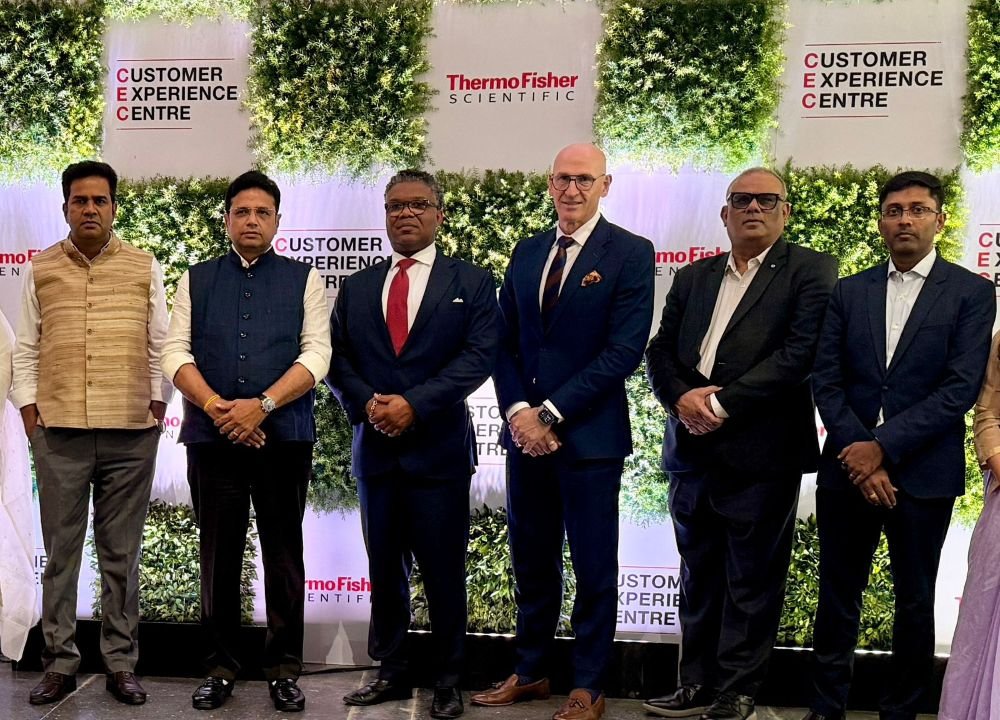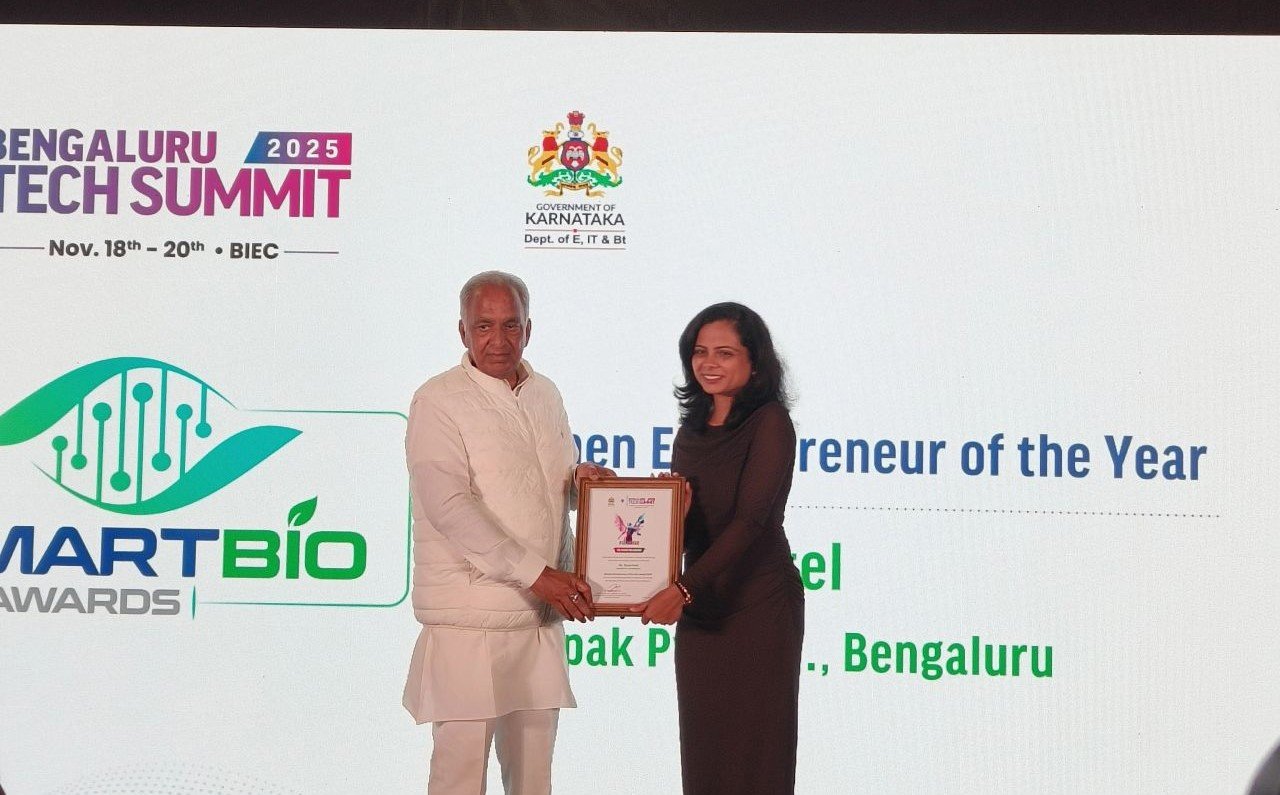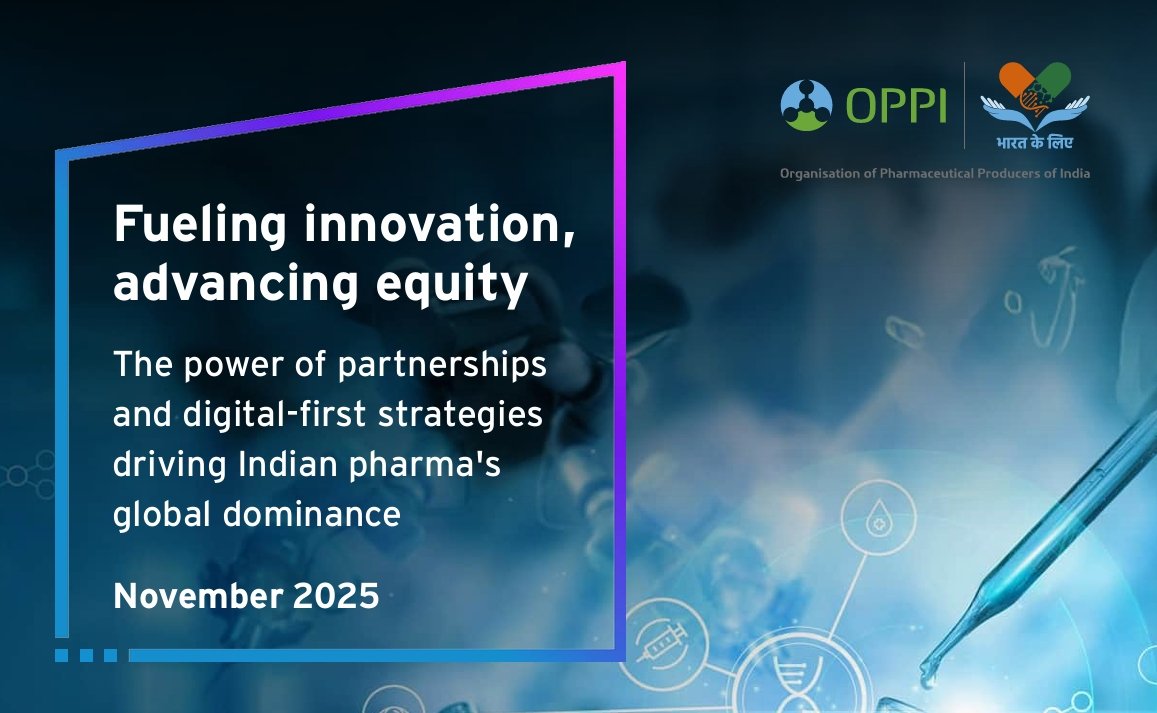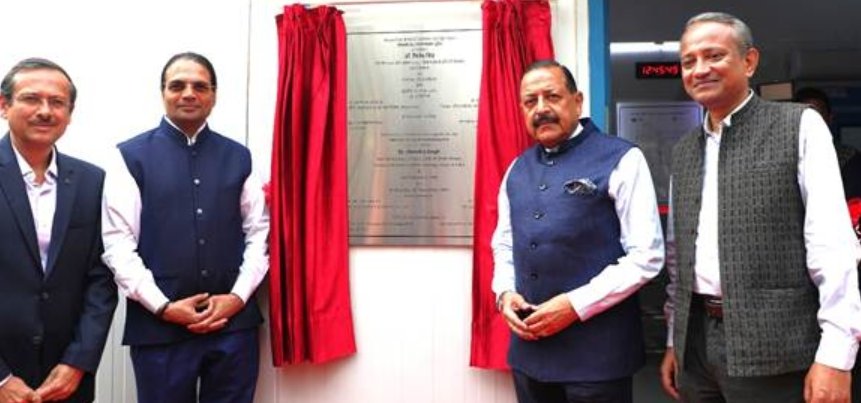"We will strengthen our therapeutic area expertise"
June 11, 2014 | Wednesday | Interviews | By Rahul Koul Koul
We will strengthen our therapeutic area expertise
Q: Please tell us in brief about the major strategic alliances that Jubilant has recently struck globally and in India. How will these benefit the company?
Jubilant Life Sciences, an integrated global pharmaceutical and lifesciences company is conducting several collaborative and integrated drug discovery programs. The collaborative or partnership model is an integrated discovery program across single or a portfolio of molecules. Recently, we announced some major collaborations in the Drug Discovery space. Jubilant's fully owned subsidiaries, Jubilant Biosys, Jubilant Clinsys Ltd. and Jubilant Chemsys are engaged in the business of innovative drug discovery and development. Appended below are some of the recent announcements:
Jubilant Biosys and Orion Corporation, the largest pharmaceutical company in Finland, announced a path breaking drug discovery collaboration to discover small molecule inhibitors in the neuroscience therapeutic area. Jubilant Biosys also announced the expansion of Drug Discovery alliance with Janssen Pharmaceutica aimed to deliver preclinical candidates to Janssen.
Jubilant Chemsys, a wholly-owned subsidiary of Jubilant Life Sciences, and one of the most recognized drug discovery research services organizations from Asia announced the extension of its collaborative partnership with Infectious Disease Research Institute (IDRI) for TB drug discovery.
These alliances will help Jubilant in leveraging its drug discovery expertise and enable in strengthening the disease franchises from a scientific perspective. Additionally, we share both the risks and rewards of the project with our collaborators and receive milestone payments on accomplishment of agreed milestones and bonus payments if the milestones are achieved within the time line. In some projects, Jubilant will also be rewarded with royalty on sales if the molecule enters the market.
Q: What are the key areas that Jubilant is currently focusing upon and how is your drug development pipeline in critical disease areas?
The company has rapidly emerged as a leading collaborator for biotechnology and pharmaceutical companies worldwide, due to its prodigious capabilities in Oncology, Metrabolic Disorders, CNS, pain and inflammation. Jubilant offers integrated discovery and development solutions spanning across Target identification or Target Validation (TV) through Lead Optimization (LO) or Preclinical Candidate (PCC) for multiple therapeutic areas. For each of these therapeutic areas, Jubilant has developed in-depth expertise in Discovery Informatics, Medicinal Chemistry, Structural Biology, Biology, In-vivo and In-vitro Biology and Translational Sciences.
The discovery team focuses on early stage lead generation across various target classes. It also uses a wide range of technologies, including High Throughput Screening, Molecular Modelling, Medicinal Chemistry, Structural Biology and others to identify novel starting points that are then selectively taken through the preclinical discovery process.
Q: How important are partnerships between academia and industry for research drug development? Do we have enough talent pool available in India to cater to industry's demands?
With rise in the number of outsourcing deals between domestic drug companies and pharmaceutical multinationals (MNCs), the demand for a partnership between academia and industry for research drug development has come be a mainstay.
Today collaborations between industry and academia are promoted by open innovation programs, which have become a near-universal model for R&D. Increasingly, a host of Pharmaceutical and biotechnology companies offer university researchers access to resources and funding. Academic scientists bring in-depth expertise and basic research data to the fore, which bolster advancements in technology and innovation.
As per a McKinsey report, the Indian pharmaceutical market will undergo a major transformation and become $20 billion (around Rs 90,000 crore) by 2015 from Rs 65,000 crore now. The total market, including outsourcing, is expected to rise to a value of approximately $50 billion (Rs 225,000 crore) by 2020, according to industry sources. Change in industry dynamics is taking place rapidly and the growth will result in greater avenues for skilled scientists in the field of drug discovery and innovation.
Industry has been developing the talent pool to meet the demand for drug discovery development services. Companies are reaching out to universities and other platforms to recruit chemical engineers and biologists for research. The industry has evolved in the last five years and the demand for research practitioners has grown exponentially.
Q: How do you look at the CRO market in India and its growth over a period of time?
The contract research organisations market in India is undergoing a positive metamorphosis. India has emerged as a key player in the development of products for prevention and treatment of diseases with unmet clinical needs.
The major driver for growth of CRO industry is directly related to the global R&D spending of pharmaceutical, biotech and medical device companies. R&D spending is expected to rise to $149 billion dollars by 2018 due to costs involved in high regulation and escalated demands to build strong pipelines. Outsourcing helps global pharmaceutical companies to efficiently manage their R&D expenditure and focus on their core competencies.
In the drug discovery and development space, India is seen as an attractive destination owing to its large talent pool, different sciences, state of the art infrastructure in pre-clinical services, treatment of patients and cost effectiveness. Indian CRO's innovative risk shared business models have helped drug discovery organisations to transition from fee for service providers to strategic partners; this transition coupled with scientific talent and infrastructure is attracting global CRO's to look at India as a favourite destination. Recent partnerships including ours are an answer to this growing trend.
According to sources, the Indian CRO market has earned a revenue of $485 million in 2010-11 and is predicted to pass the $1 billion mark in 2016.
The work being outsourced is moving up the value chain as customers see the incremental benefits in outsourcing these services. Customer engagement models are also changing and becoming far more strategic and transformational.
Q:How do you rate India as a destination for contract or clinical research as compared to few other Asian countries? What are the underlying challenges?
India has become an attractive destination to global CROs due to the advantages of having a large number of naive untreated patients - (who are difficult to find in the developed world) and potential for economic trials. The success for Indian Pharma industry lies in the ability to retain cost advantage while maintaining quality standards and innovation in drug discovery. India has been making strides in the field of drug discovery and development and has witnessed a great deal of linkages across the world in the recent past.
However, looking at the huge potential India holds as a CRO destination, we still need to improve the quality standards of clinical trials and regulatory milieu, to compete with other Asian countries.
The underlying challenges for clinical research lies in the need for a strong centralized regulatory regime to effectively monitor Good Clinical Practice guidelines, developing single window clearance for trials, improvements or investments on present medical infrastructure in second tier cities and also the need for expertise in data management related specialized services
With a favorable clinical and regulatory environment in line with global standards, India looks to be a promising market. The government also focuses on building the innovative capacity of the country by initiating a multi-billion dollar public-private partnership model. In the present situation, India's clinical landscape may seem to be facing challenges, but a recent global study still finds India 3rd among all countries in terms of overall attractiveness as a clinical trial destination. India does have the capacity and potential to thrive amidst challenges.
Q: Do you agree that the regulatory system in India requires overhauling? How do you compare it with China and the West?
The regulatory milieu in India has evolved over the years; however the system still needs to be reinvented. There are various constraints that lead to gaps. The major issue is the long gestation period for obtaining protocol approvals. Streamlined regulatory reforms taken up by Central Drugs Standard Control Organization (CDSCO) hopes to speed up the approval process and address lags and lapses of the regulatory regime like the compensation for patients etc. without affecting time taken to complete the study.
In India regulatory approval,in spite of recent moves to streamline process, takes 9 months; regulatory approval delays of up to 12 months are not uncommon in China. In contrast, approval times in Singapore take around three months which is on par with the west.
Q: How are you looking at the ext five years of Jubilant? What is the way forward for Indian industry?
We are amongst the top 5 Contract Manufacturing players in North America in Sterile Injectables and have been strengthening our presence with manufacturing facilities at two locations in US and Canada with multiple service capabilities. The company is planning to expand collaborations and look at strategic partnership models with globally renowned companies.
The Indian Contract Research industry has reached a center stage and continues to attract potential pharma manufacturers from across the globe. The industry is in a transitional and evolving phase where it will continue to bring in fresh investments and rise despite the challenges and obstacles.
In the drug discovery space, we look forward to expand our customer base and build long term partnerships so that we become their offshore destination for innovation. We will strengthen our therapeutic area expertise and continue adding value to our integrated platform, so that we become a one stop destination for integrated Drug Discovery.









